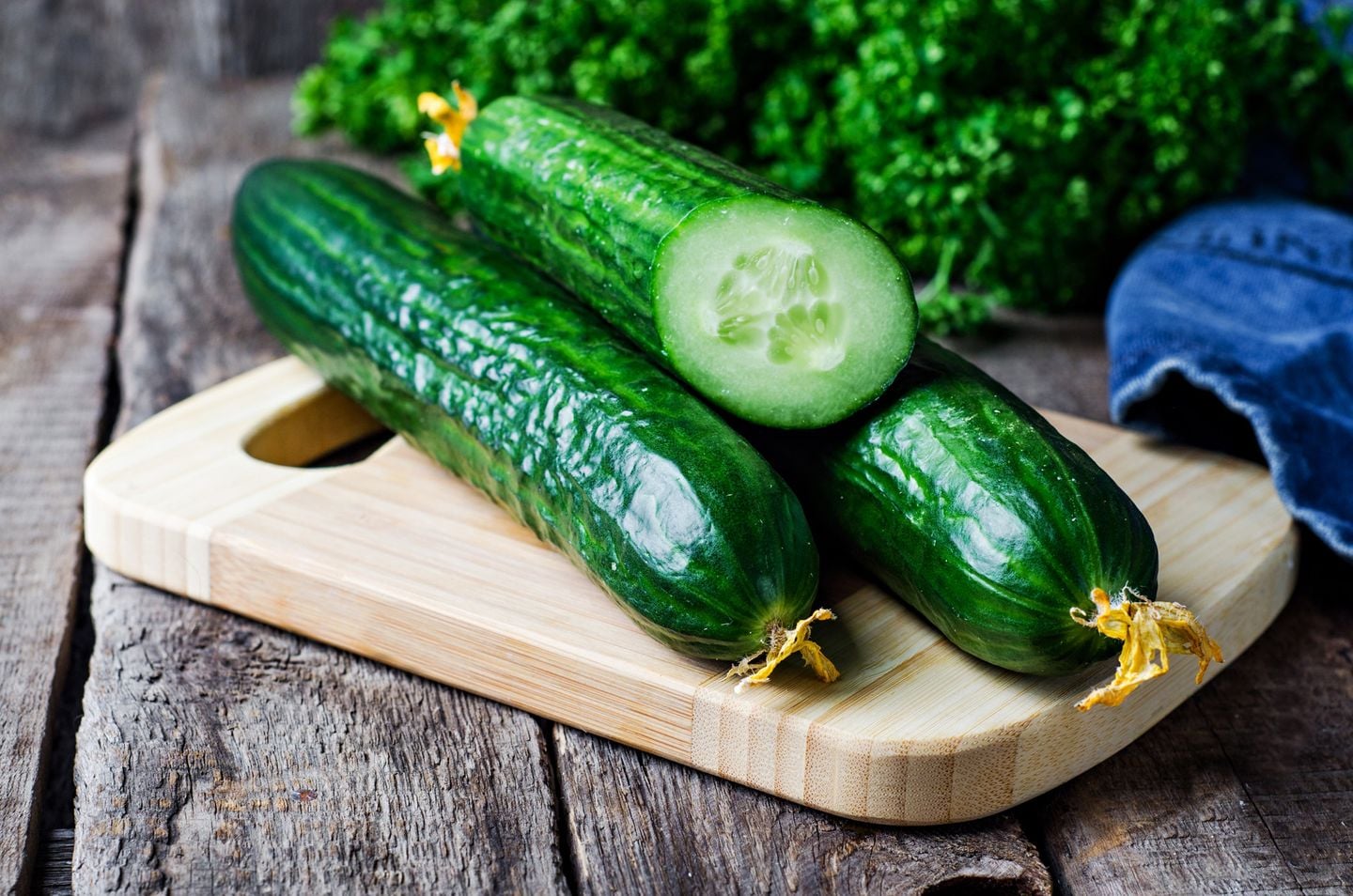When cooks discover the fresh, lively and unadulterated flavours of Moroccan fruits and vegetables, they often wonder what makes the equality of produce so different. Cooking Moroccan food in an authentic environment, buying food from the souk and slow-cooking a tagine in the hot sun make for a wonderful experience, but the finished result goes far beyond this.
Anyone who has tried to replicate a favourite Moroccan dish at home with standard ingredients from the local supermarket will have found that the resulting taste isn’t quite as enticing. This is because Moroccan fruits and vegetables are grown using organic farming methods, with this approach gaining traction in Western countries for the finest flavours and the densest nutrients.
Why Moroccan fruits and vegetables are organic?
Morocco has a rich cuisine culture that relies on fresh food, local ingredients and clever combinations of food lovingly cooked from scratch. As part of this commitment to culinary perfection, Moroccan cooks demand the finest quality ingredients. Often these ingredients are grown in their gardens or bought fresh that morning from the local souk.
Each region of Morocco is working to embed organic agricultural practices that maximise the nutrition found in its produce. This means respecting the balance of the soil and its mineral content.
The problems with industrial farming
Across the world, topsoil quality depletion is becoming a huge issue due to intensive farming practices that strip vital minerals from the earth. The result is low-quality soil and produce that contains very little in the way of vitamins, minerals and micronutrients.
At the same time, chemical-based industrial farming practices that use pesticides, herbicides and other chemicals damage the fragile ecosystem that surrounds farms. Again, by introducing industrial farming and monoculture, the soil is depleted, the produce is covered with chemicals that have negative health effects (chemicals such as glyphosate are associated with cancer and other conditions), and the surrounding animal and plant populations are destroyed.
Other issues are also noted when non-organic means are used in different parts of the world; for example, many commercial crops are being developed for size and sugar content rather than for flavour. Much of the fruit we buy now from supermarkets lacks true flavour and variation but is simply large and sugar-filled. Again, by using organic farming and traditional methods, the true flavours of food are restored.
Morocco can therefore be proud to with its lowest pesticide residue levels in the entire Mediterranean region. By returning to organic means of farming, people can enjoy a far better quality of food in the way that nature intended.
Buying organic fruit and vegetables for your Moroccan dishes will enable you to achieve the flavour depth, intensity and variation the recipes demand. Organic produce will also mean you are consuming food in the way that nature intended, packed with nutrition and at no cost to the surrounding fragile ecosystems. For Moroccan chefs, much of this approach means growing fruits, vegetables, herbs and spices at home, supplemented by produce from the local souk. Similar options exist for cooks in the UK with smart buying and growing your own – even on a windowsill!
